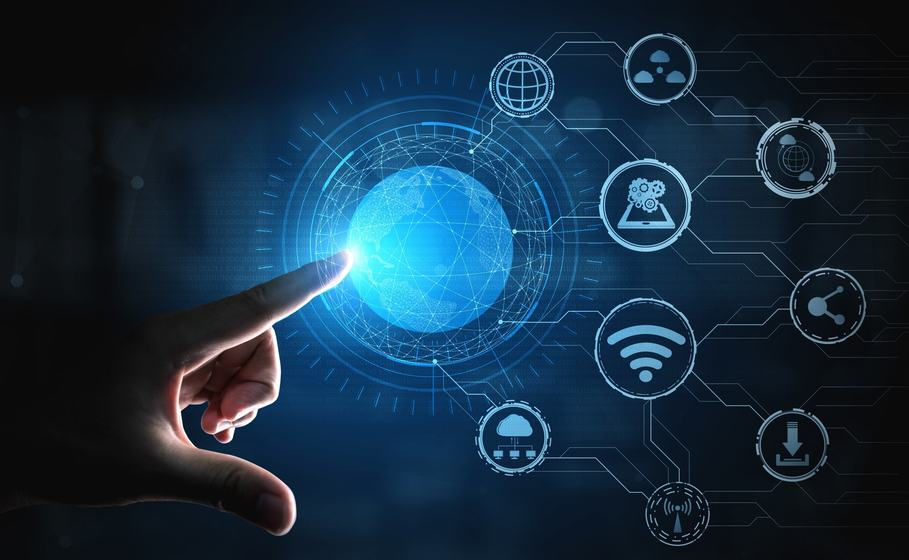The Internet of Things (IoT) and Its Transformative Impact on Daily Life
- Hammad Ahmed

- Jul 14, 2023
- 3 min read
Updated: Jul 16, 2023

The Internet of Things (IoT) has rapidly evolved from a futuristic concept to a tangible reality, revolutionizing the way we interact with technology in our daily lives. This interconnected network of devices, sensors, and software has the potential to enhance our efficiency, convenience, and overall quality of life. In this blog post, we will explore the transformative impact of the Internet of Things on our daily routines and the various sectors it has revolutionized.
Smart Homes:
One of the most noticeable impacts of IoT technology is in our homes. With the integration of IoT devices, our living spaces have become smarter, more efficient, and highly connected. From smart thermostats that adjust the temperature based on our preferences and patterns to smart lighting systems that automatically adjust brightness and color, IoT enables us to create personalized and energy-efficient environments. Additionally, IoT-enabled security systems, smart appliances, and voice assistants have brought unprecedented convenience and control to our daily routines.
Healthcare and Wearable Devices:
IoT has also made a significant impact on healthcare. Wearable devices equipped with IoT technology, such as smartwatches and fitness trackers, have become ubiquitous. These devices monitor vital signs, track physical activities, and provide valuable health insights. They enable individuals to take proactive measures towards their well-being, promoting healthier lifestyles and early detection of health issues. Moreover, IoT has enabled remote patient monitoring, empowering healthcare professionals to monitor patients' conditions from a distance and provide timely interventions.
Transportation and Smart Cities:
IoT has transformed the transportation sector, making it more efficient, safe, and sustainable. Connected vehicles equipped with IoT sensors can communicate with traffic infrastructure, analyze real-time data, and optimize routes, reducing congestion and carbon emissions. Moreover, IoT-enabled parking systems can guide drivers to available parking spaces, reducing the time spent searching for parking spots. Beyond transportation, IoT has played a vital role in the development of smart cities, optimizing resource allocation, energy management, and waste disposal systems, resulting in more sustainable and livable urban environments.
Retail and Supply Chain Management:
IoT has disrupted the retail industry, providing a seamless and personalized shopping experience. Connected devices and beacons in stores can send personalized offers and recommendations to shoppers based on their preferences and location. IoT also enables real-time inventory management, optimizing stock levels and reducing out-of-stock situations. In the supply chain, IoT sensors track and monitor products, ensuring their quality, freshness, and timely delivery. This level of transparency and efficiency has revolutionized the retail and logistics sectors.
Agriculture and Environmental Monitoring:
IoT has had a profound impact on agriculture, enabling farmers to make data-driven decisions and optimize crop yields. IoT sensors collect and transmit data about soil moisture, temperature, and nutrient levels, allowing farmers to precisely monitor and manage their fields. This information helps optimize irrigation, minimize resource wastage, and enhance crop quality. Furthermore, IoT plays a crucial role in environmental monitoring, aiding in the detection and mitigation of pollution, forest fires, and other ecological challenges.
Conclusion:
The Internet of Things has permeated various aspects of our daily lives, transforming the way we live, work, and interact with the world around us. From smart homes and wearable devices to transportation systems and retail experiences, IoT has brought unprecedented convenience, efficiency, and connectivity. As this technology continues to advance, it is essential to address concerns related to data privacy, security, and ethical use. By harnessing the potential of IoT responsibly, we can unlock even greater benefits and create a future that is smarter, more sustainable, and more inclusive.
Photo by Analytics



Comments